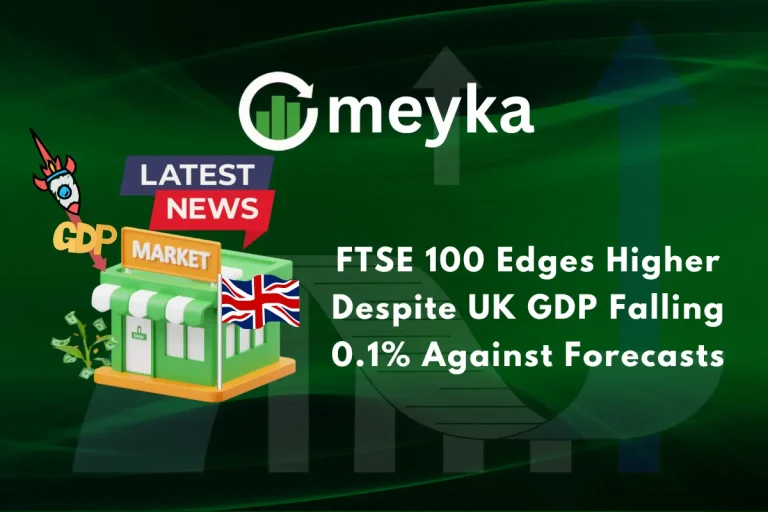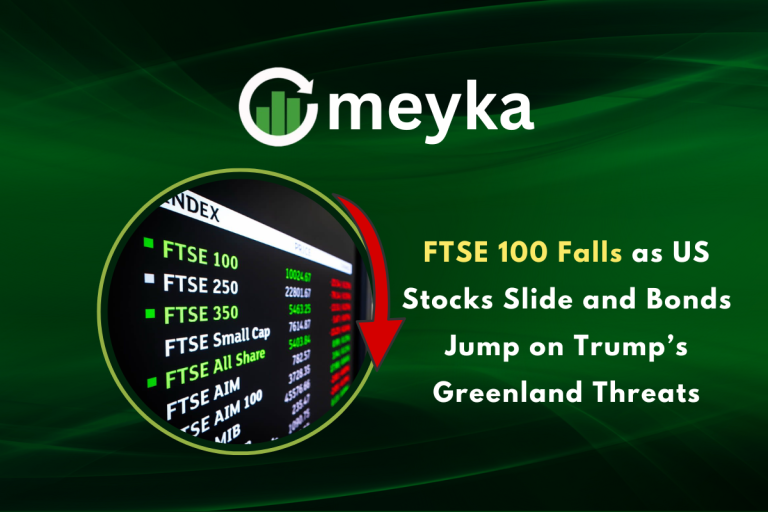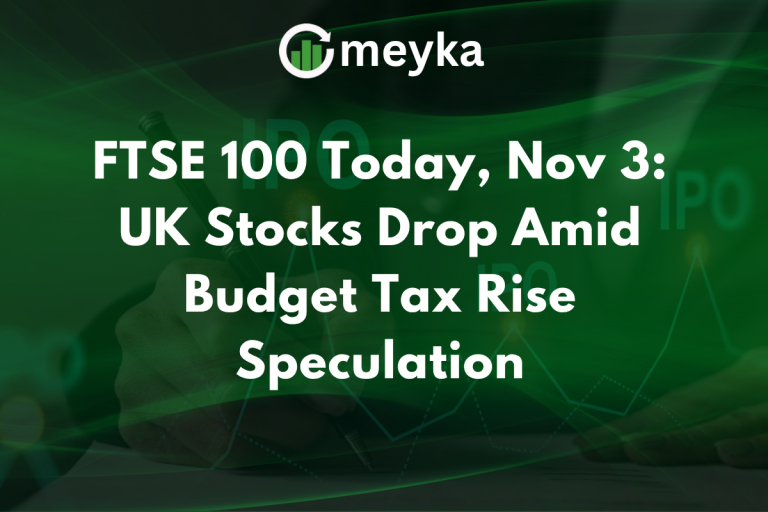FTSE 100 LIVE: London Stocks Slip After UK GDP Data Shows Contraction
In the latest trading session, the FTSE 100 index is under pressure as weak economic data from the UK spooks investors. The British economy has shown signs of strain, and this has weighed heavily on market sentiment. The FTSE 100 has slipped as traders await signs of how the slowdown will impact corporate earnings, interest‑rate decisions and global investor flows.
Continue Reading on Meyka
This article is available in full on our main platform. Get access to complete analysis, stock insights, and more.
Read Full Article →





